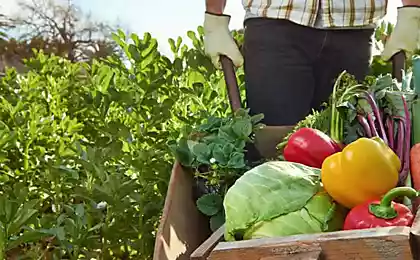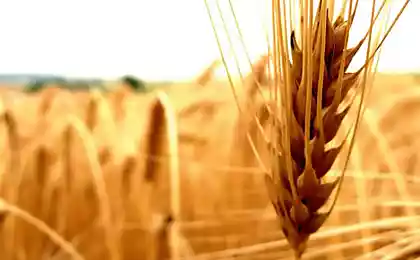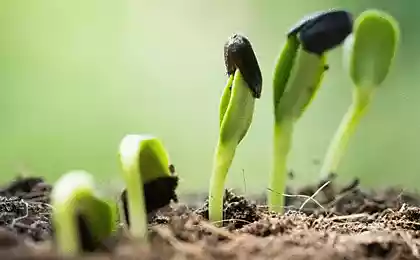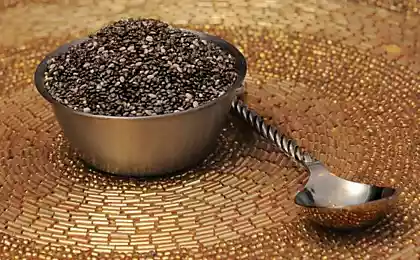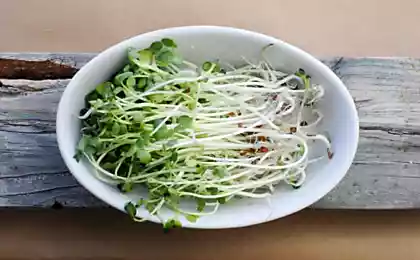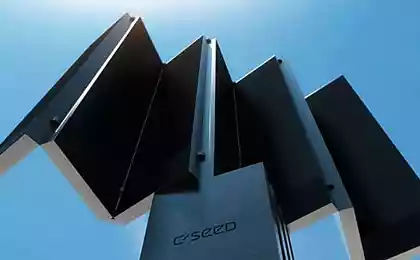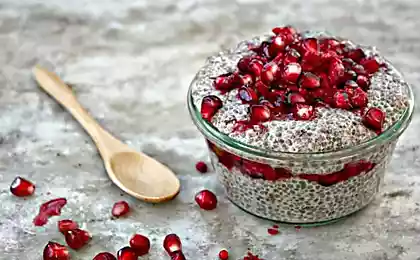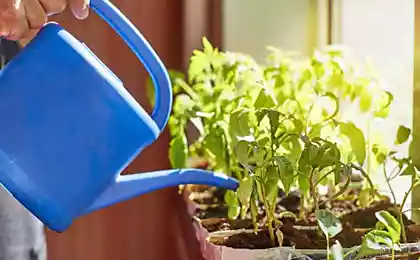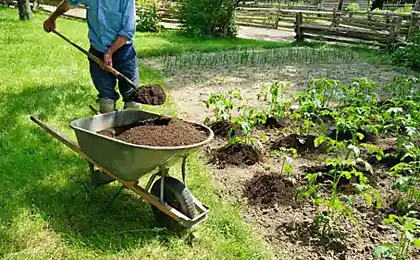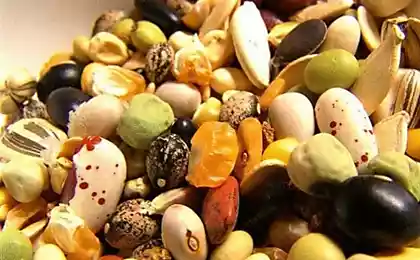233
Open source seeds appeared in America
The Open Source Seed Initiative makes seeds public domain for free cultivation and breeding.
Nowadays, most of the seeds of garden and crops are patented and protected by law from breeding and the possibility of breeding other varieties, or even salvage and transplantation again, which makes it impossible for gardeners, farmers and breeders to improve the varieties purchased. Three large multinational companies (Monsanto, Syngenta and DuPont) control about half of all commercial seed sales.
All seeds purchased from them are protected, it is their intellectual property. This helps seed companies maintain control over a significant portion of the seeds associated with the global food supply.
In an effort to create “free seeds” from patenting, licensing, and other intellectual property rights, the Open Source Seed Initiative seeks to restore the traditional practice of open sharing among growers, keeping certain vegetable seeds publicly available, and protecting them (and all subsequent varieties derived from them) from future patenting.
“These vegetables are part of our shared cultural heritage and our goal is to make sure these seeds remain publicly available for people to use in the future.” Irwin Goldman, UW-Madison Professor of Horticulture and Breeder
The Open Source Seed Initiative (OSSI) is trying to reverse the trend of declining availability of germ plasma seeds and plants. So that breeders and farmers can significantly expand the range of available genetic resources and work to increase the diversity of agricultural seeds.
OSSI has been working on this important issue since 2011, and last month released a number of crop seeds under an Open Source license, which states that seeds can be “freely used, sold, grown, and shared, but not legally restricted.”
On April 17, at the University of Wisconsin Madison Campus, OSSI members presented 36 seed varieties of 14 different crops that have been developed open source, with the following resolution printed on packages:
“These open source seeds are designed to ensure your freedom. By opening this package, you promise that you will not restrict others from using these seeds and patent their derivatives, license or protect them in any other way. You promise that if you transfer these seeds or their derivatives, they will also be accompanied by this promise.”
By making these open-source seeds in the public domain, the organization opens the way for small breeders, seed companies and home growers not only to freely grow and distribute these varieties. But it also gives them the opportunity to improve their own breeding programs, and then grow and sell these seeds with their own open license.
“This is the birth of movement. Open source means that sharing and distributing seeds can be the foundation of a more sustainable and fairer food system, said Jack Kloppenburg, UW-Madison professor and author of First Seed.
Source: rodovid.me
Nowadays, most of the seeds of garden and crops are patented and protected by law from breeding and the possibility of breeding other varieties, or even salvage and transplantation again, which makes it impossible for gardeners, farmers and breeders to improve the varieties purchased. Three large multinational companies (Monsanto, Syngenta and DuPont) control about half of all commercial seed sales.
All seeds purchased from them are protected, it is their intellectual property. This helps seed companies maintain control over a significant portion of the seeds associated with the global food supply.
In an effort to create “free seeds” from patenting, licensing, and other intellectual property rights, the Open Source Seed Initiative seeks to restore the traditional practice of open sharing among growers, keeping certain vegetable seeds publicly available, and protecting them (and all subsequent varieties derived from them) from future patenting.
“These vegetables are part of our shared cultural heritage and our goal is to make sure these seeds remain publicly available for people to use in the future.” Irwin Goldman, UW-Madison Professor of Horticulture and Breeder
The Open Source Seed Initiative (OSSI) is trying to reverse the trend of declining availability of germ plasma seeds and plants. So that breeders and farmers can significantly expand the range of available genetic resources and work to increase the diversity of agricultural seeds.
OSSI has been working on this important issue since 2011, and last month released a number of crop seeds under an Open Source license, which states that seeds can be “freely used, sold, grown, and shared, but not legally restricted.”
On April 17, at the University of Wisconsin Madison Campus, OSSI members presented 36 seed varieties of 14 different crops that have been developed open source, with the following resolution printed on packages:
“These open source seeds are designed to ensure your freedom. By opening this package, you promise that you will not restrict others from using these seeds and patent their derivatives, license or protect them in any other way. You promise that if you transfer these seeds or their derivatives, they will also be accompanied by this promise.”
By making these open-source seeds in the public domain, the organization opens the way for small breeders, seed companies and home growers not only to freely grow and distribute these varieties. But it also gives them the opportunity to improve their own breeding programs, and then grow and sell these seeds with their own open license.
“This is the birth of movement. Open source means that sharing and distributing seeds can be the foundation of a more sustainable and fairer food system, said Jack Kloppenburg, UW-Madison professor and author of First Seed.
Source: rodovid.me



